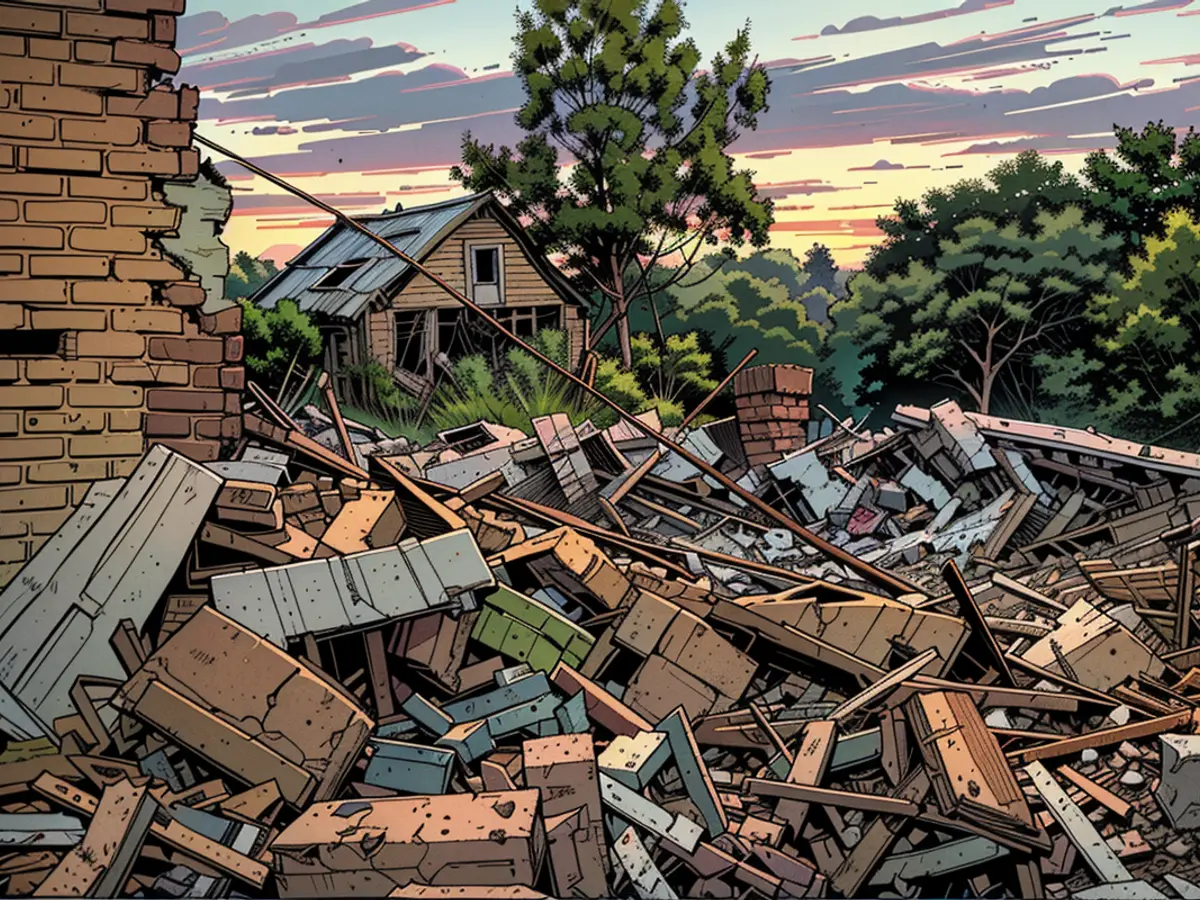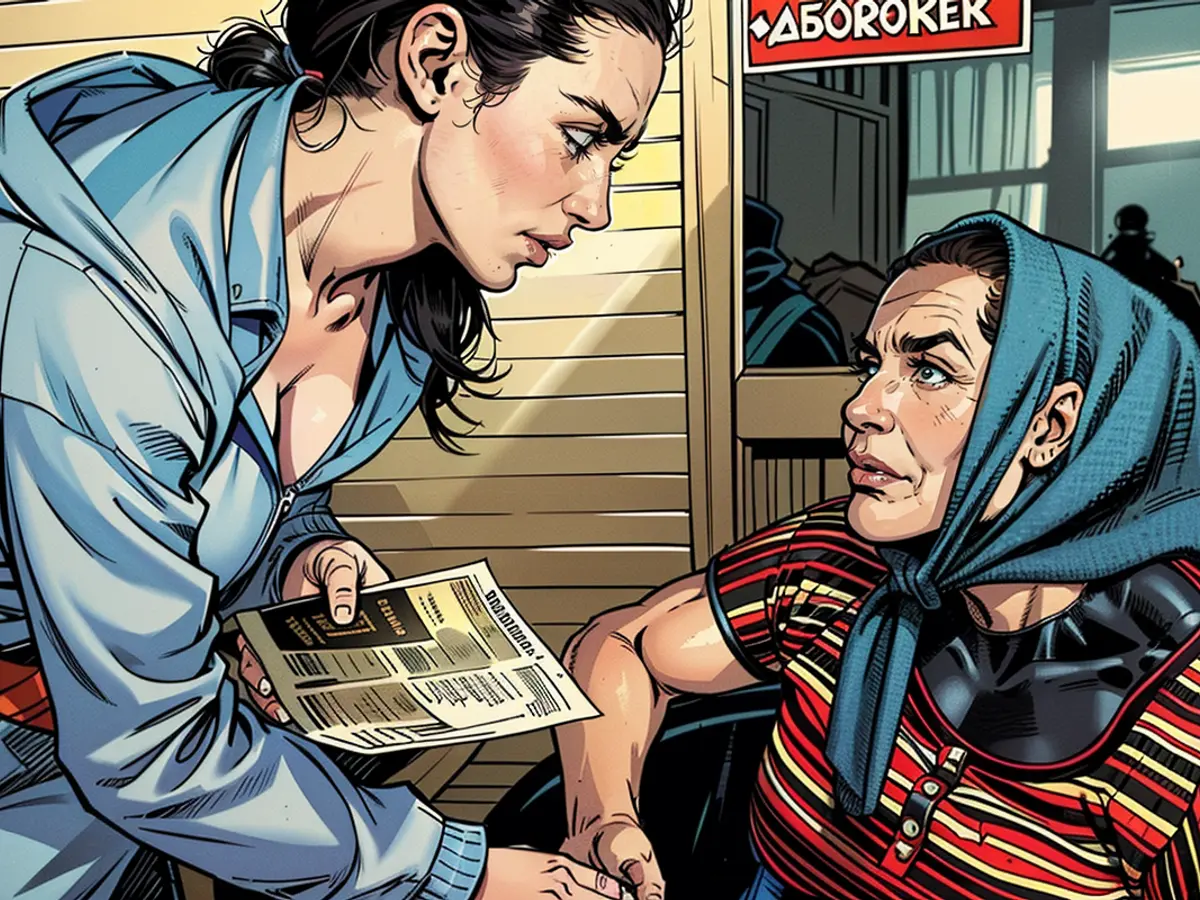Ukrainians watch their troops’ counteroffensive with mix of satisfaction and fear
“This is the consequence of (the Russians) coming into our land,” Hanna Fedorkovska told CNN at an evacuation center in Sumy, a city just south of the border.
“We entered their territory not because we wanted to, but because they came to our home and took away our peaceful life. Now they have to deal with it. I hope that it will not be in vain and that we will get peace.”
Ukraine’s President Volodymyr Zelensky said on Tuesday that Kyiv’s forces were pushing farther into Russia after claiming hundreds of square miles of its territory. Kyiv said its troops have been expanding on a “buffer zone” inside Russia, which they say will better protect communities in northern Ukraine.
Fedorkovska, 21, came to the evacuation center with her 72-year-old grandmother, who was inconsolable after leaving her husband and the home they’ve shared for 52 years.
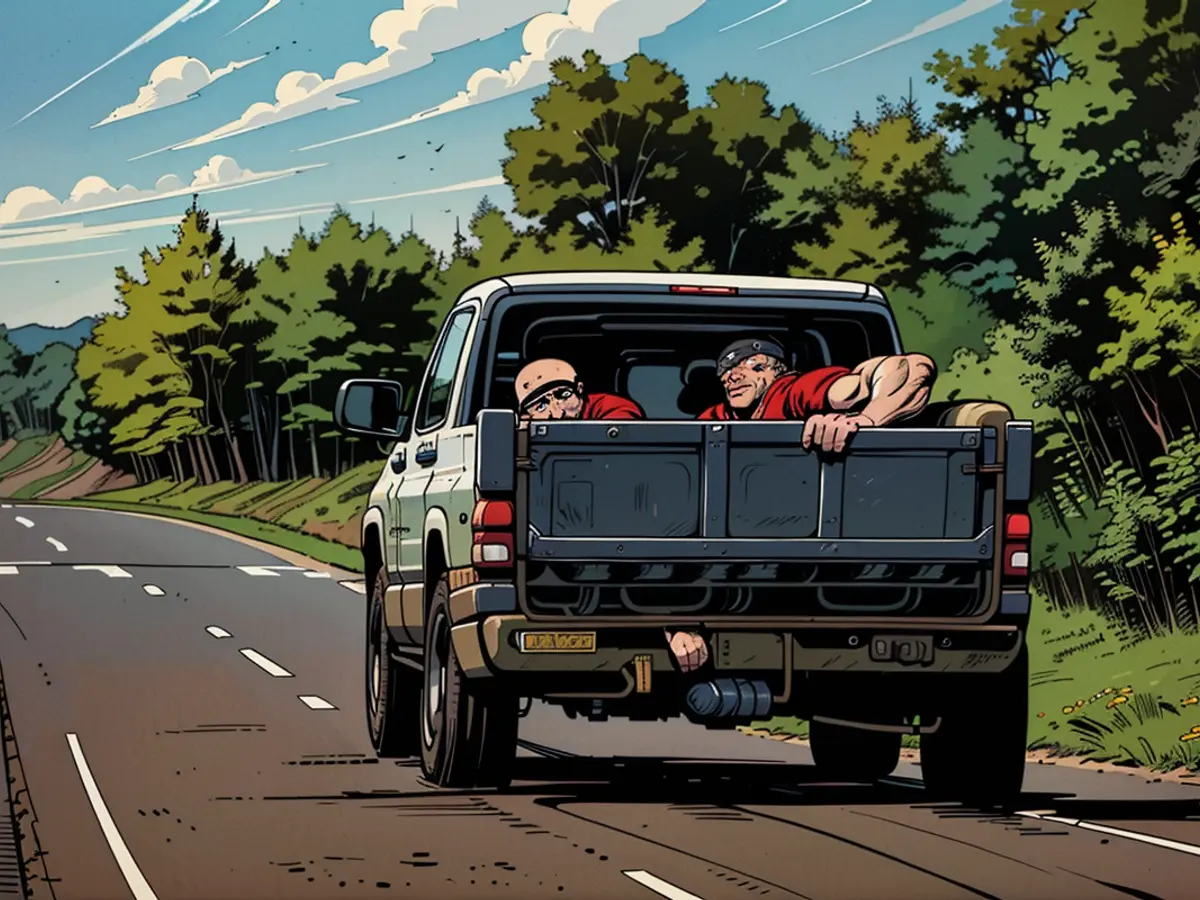
The two women were among hundreds of Ukrainians evacuated from border areas in recent days. Fedorkovska, a student, said her 85-year-old grandfather insisted on staying behind, telling her: “You save your grandmother, and I will guard what we own.”
The surprise counteroffensive brought a much-needed boost for Ukraine’s military, but it has also left some Ukrainians, including Fedorkovska and her grandmother, worried about what will happen once Russia gathers enough troops to the area to push back.
“I wish our guys good luck, because if they do not hold on to the (Russian) lands they have now seized, I think there will be a lot of troubles in Sumy region. It will be the second Mariupol, I think,” Sergey Zemlyakov, a former soldier who fought in the eastern Donbas region in 2014 and 2015, told CNN at the evacuation center.
Mariupol, in the Donetsk region, fell to Russian control in 2022 following months of besiegement and bombardment, thousands of reported deaths, and tales of horror and starvation.
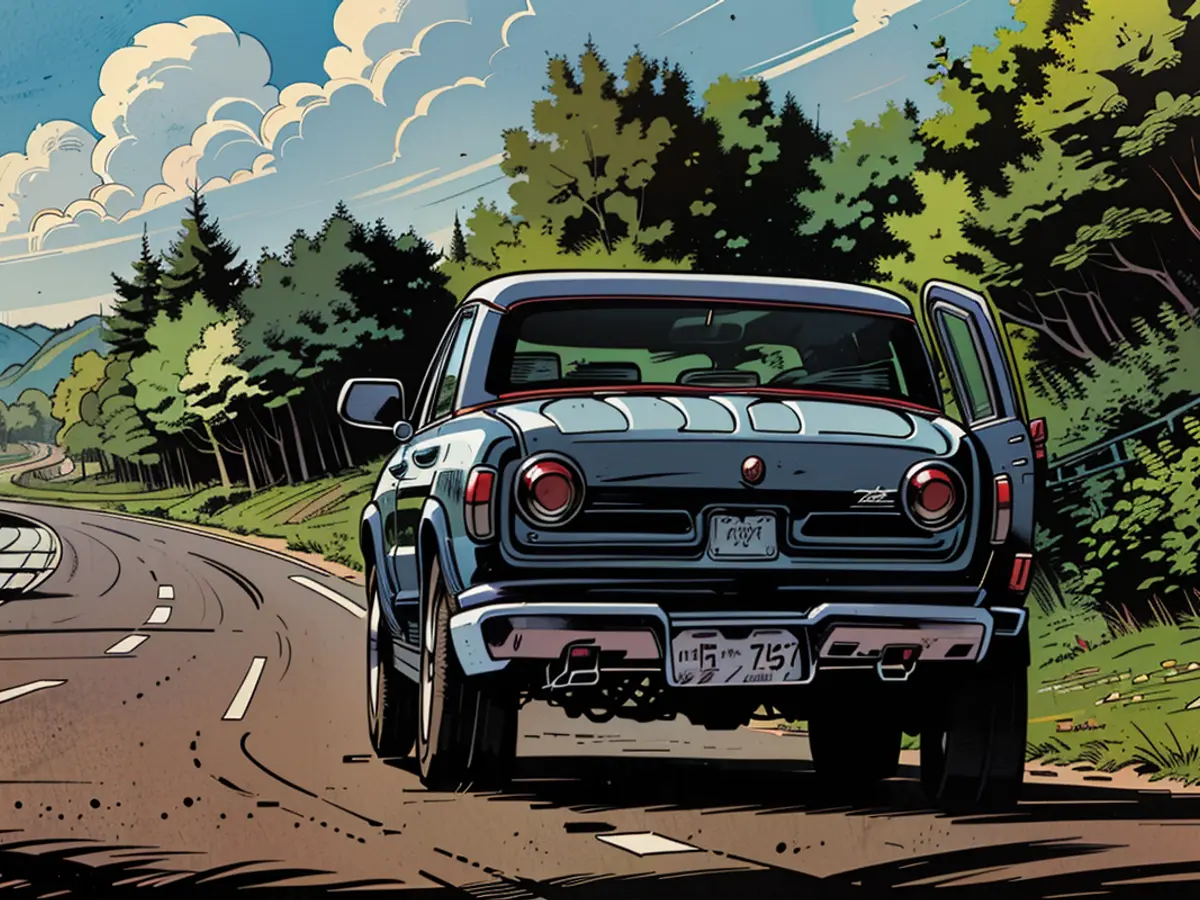
Russian aerial attacks
Nila Buhaiova, who works at the Department of Social Protection in the Sumy regional administration, said hundreds of people came through the center’s doors in recent days.
“The evacuation has intensified over this past week ... when the shelling of the Sumy district started, people could not stay anymore, so they left. On Friday there were 270 people, on Saturday 382, and on Sunday 250,” she said.
The numbers are dwarfed by the evacuations on the Russian side of the border. Local officials in the Kursk region said some 180,000 people there have been put under evacuation orders, with thousands more evacuated from neighboring Russian regions.
But for many Ukrainians, it’s hard to feel sorry for their neighbors.
Fedorkovska’s grandparents stayed in their home in Myropillya after the war broke out in 2022, even though the village is surrounded by Russia’s Kursk region on three sides and has been under frequent attack ever since Moscow launched its full-scale invasion of Ukraine.
But the area has become too dangerous now that Ukraine has launched its surprise incursion.
“After the start of the Kursk operation, artillery and mortar attacks stopped because our guys drove them away from the border. But the attacks with guided bombs and aircraft have intensified. Now they can’t reach us with artillery, so they shoot from the aircraft,” Fedorkovska said, explaining why her grandmother had finally decided to evacuate.
“We want people to understand what it’s like to live under constant shelling, to live in a place where you have lived your whole life, a place you put your heart and soul into, where you raised your children, went to school ... and that you are forced to leave and move somewhere else because there’s constant shelling now.”
Olena Lozko is an accountant from the Ukrainian village of Velyka Rybytsia, which sits about 4 kilometers (2.5 miles) from the Russian border. She too has left in recent days amid the intensifying attacks by Moscow’s forces.
“We are very happy that our soldiers are attacking, but we are very scared. We have nowhere to go, and we are very afraid of these glide aerial bombs,” she said. “The situation is getting worse.”
Russia’s FAB-1500 guided glide bomb is a 1.5-tonne weapon nearly half comprised of high explosives. They are delivered by fighter jets from about 60-70 kilometers away, out of range of many Ukrainian air defenses.
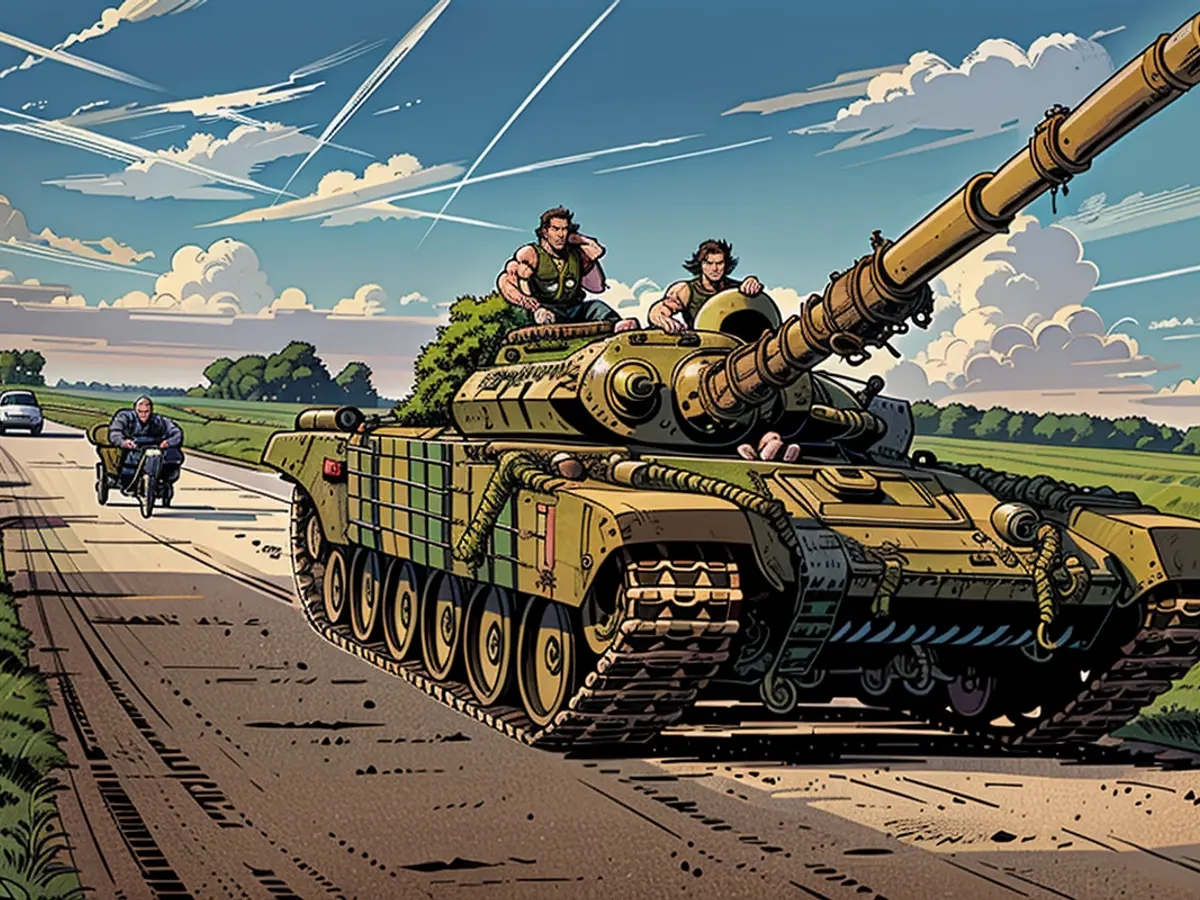
‘You attack – we attack too’
People farther away from the front lines are hoping that giving the Russians a taste of their own medicine could help bring the conflict to an end.
“It’s a signal to Russia that any action can cause a reaction. You attack – we attack too,” said Borys Lomako, a café owner from Kharkiv, Ukraine’s second-largest city, which is also near the border with Russia.
He told CNN he believes the counteroffensive will help Kharkiv – a city that has been under constant shelling for months – breathe a bit more easily.
“It’s life-affirming to me that we’re going to fight for our border, and we’re doing more than just pushing [the Russians] back to the front line. You enter our territory, we enter yours. Psychologically this is a change of position in this war,” he said.
Andrii Legin, a 40-year-old resident of the capital Kyiv, said he fears the response of Russian President Vladimir Putin, whom he called a “crazed dictator.”
“Russia may respond in any way, starting with a completely frantic military response. Or perhaps some kind of shift will happen among the Russian people because the war has moved to Russian territory. Let’s see how the Russians react to this,” he said.
He said he is certain of one thing, however.
“I don’t think it will do any good if we Ukrainians enjoy it,” he said. “Yet if this is the only way to call for peace, then maybe it does work.”
CNN’s Olga Voitovych and Maria Kostenko contributed reporting.
The strategic advancements of Ukraine's forces have resulted in the seizure of significant territory in Europe, potentially leading to a redefining of the border between Ukraine and Russia. This new territory expansion in Europe includes parts that were once under Russian control.
The escalating tensions in Europe, resulting from Russia's aggressive actions towards Ukraine, have led to an increased number of evacuations from border areas in both Ukraine and its neighboring European countries.
